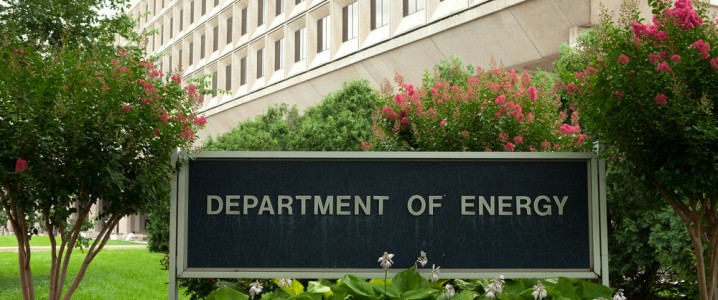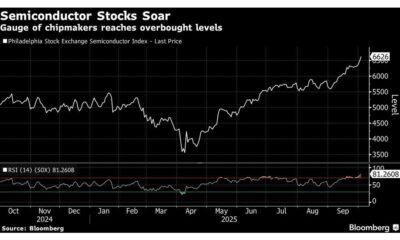Business
U.S. Department of Energy Allocates $1 Billion for Critical Minerals

The U.S. Department of Energy has announced nearly $1 billion in funding aimed at boosting domestic ventures related to critical minerals. This initiative is designed to decrease the nation’s reliance on imported materials essential for various industries, particularly in the realm of electric vehicles and renewable energy technologies.
Approximately half of the allocated funds will be directed towards battery manufacturing and recycling projects. This commitment marks a notable shift from the previous administration’s stance, which was less supportive of electric vehicle technologies. The current funding is expected to create opportunities in the mining and processing of critical minerals, including lithium, nickel, copper, aluminum, and graphite, alongside rare earth elements vital for battery production.
Funding Requirements and Focus Areas
To qualify for federal funding under this new program, corporations must provide a minimum of 50% co-funding. This requirement encourages private investment in the sector and aims to foster partnerships between the government and industry. The funding will support a variety of initiatives, including the mining and processing of rare earth magnets, which involve elements such as gallium, germanium, and silicon carbide. Currently, China dominates the global market for these critical minerals, especially in processing and magnet production.
Energy Secretary Chris Wright emphasized the importance of this funding, stating, “For too long, the United States has relied on foreign actors to supply and process the critical materials essential to modern life and our national security.” He noted that this initiative aligns with the broader goal of reshoring the processing of these materials and enhancing domestic supply chains.
Strategic Implications and Global Context
The push for increased American production and refining of critical minerals has been a priority for the current administration. This strategy includes pursuing international agreements to secure access to essential elements needed for manufacturing a wide range of products, from smartphones to F-35 fighter jets.
While the United States seeks to strengthen its position, China remains a formidable player in the global critical minerals supply chain. Its control over the processing and production of rare earth elements poses challenges for U.S. efforts to establish a more independent and resilient supply chain.
By prioritizing domestic mining and processing capabilities, the U.S. aims not only to enhance its economic security but also to support the transition to greener technologies. The $1 billion investment in critical minerals is a significant step towards achieving these goals.
-

 Politics4 weeks ago
Politics4 weeks agoSecwepemc First Nation Seeks Aboriginal Title Over Kamloops Area
-

 World5 months ago
World5 months agoScientists Unearth Ancient Antarctic Ice to Unlock Climate Secrets
-

 Entertainment5 months ago
Entertainment5 months agoTrump and McCormick to Announce $70 Billion Energy Investments
-

 Science5 months ago
Science5 months agoFour Astronauts Return to Earth After International Space Station Mission
-

 Lifestyle5 months ago
Lifestyle5 months agoTransLink Launches Food Truck Program to Boost Revenue in Vancouver
-

 Technology3 months ago
Technology3 months agoApple Notes Enhances Functionality with Markdown Support in macOS 26
-

 Lifestyle3 months ago
Lifestyle3 months agoManitoba’s Burger Champion Shines Again Amid Dining Innovations
-

 Top Stories2 months ago
Top Stories2 months agoUrgent Update: Fatal Crash on Highway 99 Claims Life of Pitt Meadows Man
-

 Politics4 months ago
Politics4 months agoUkrainian Tennis Star Elina Svitolina Faces Death Threats Online
-

 Sports5 months ago
Sports5 months agoSearch Underway for Missing Hunter Amid Hokkaido Bear Emergency
-

 Politics5 months ago
Politics5 months agoCarney Engages First Nations Leaders at Development Law Summit
-

 Technology5 months ago
Technology5 months agoFrosthaven Launches Early Access on July 31, 2025





















